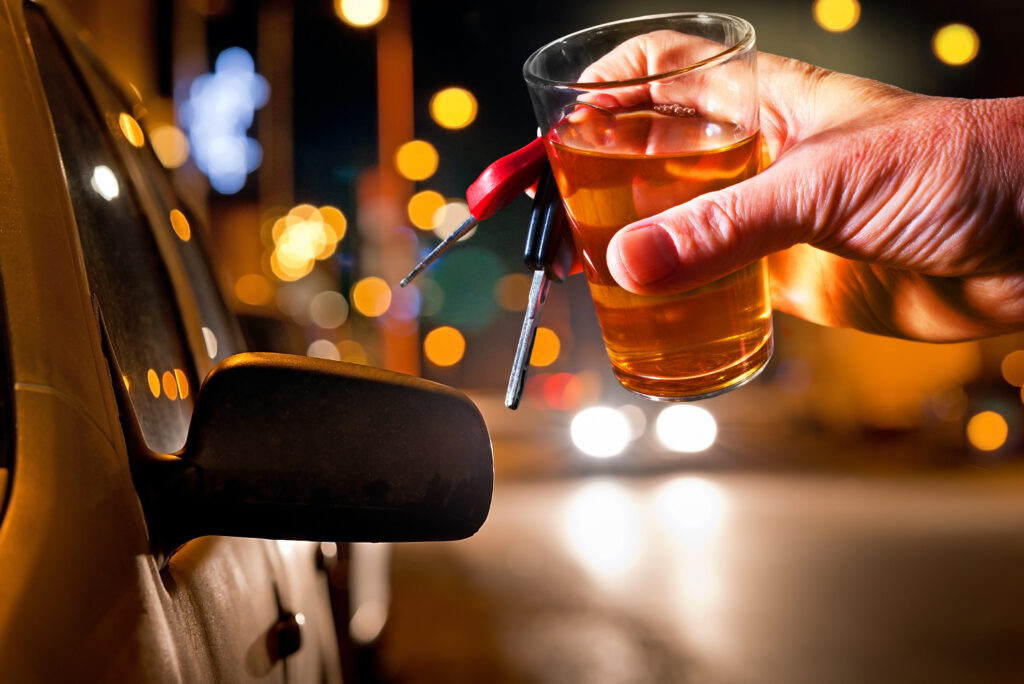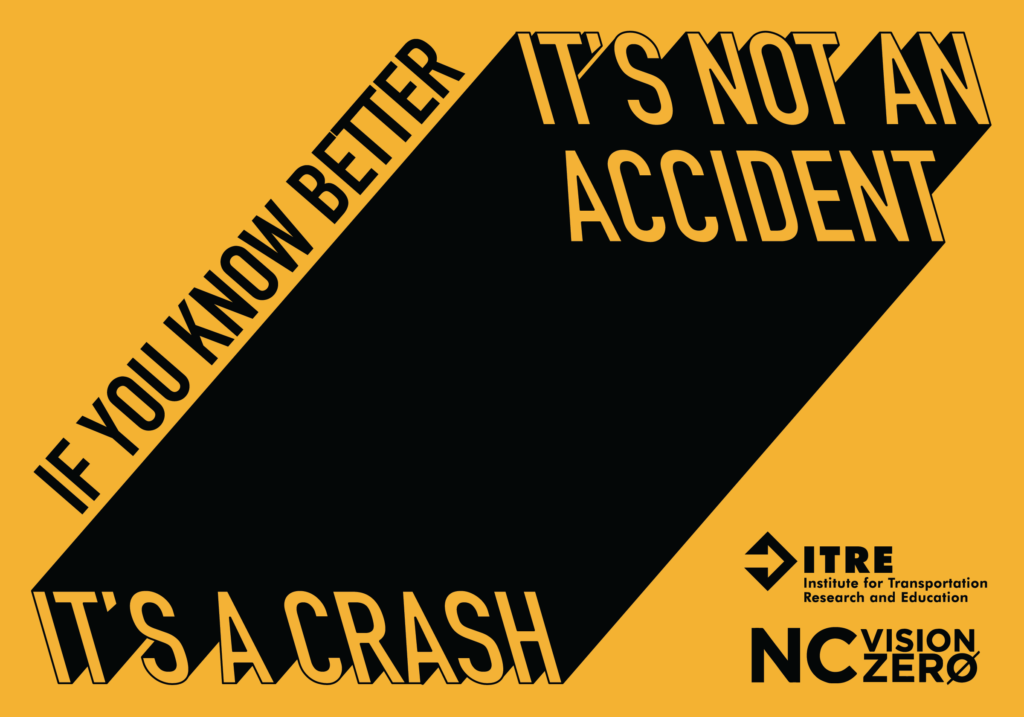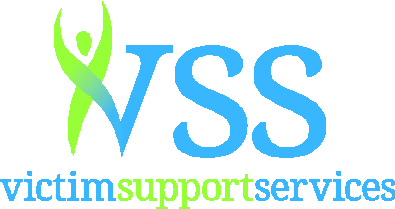Raising the Bar: Promoting Responsible Choices to Combat Drunk Driving
Written by: Leslie McPherson, Programs Administrator
At Victim Support Services (VSS), our dedicated advocates have provided invaluable assistance to numerous victims of vehicular assault and families who have tragically lost loved ones to drunk driving crashes, often resulting in vehicular homicide. The scourge of drunk driving inflicts profound and enduring harm upon victims, their families, and the broader community. Its consequences reverberate across multiple facets of victims’ lives, encompassing physical, financial, emotional, and spiritual dimensions. Despite a decrease in the incidence of drunk driving accidents attributed in part to the availability of ride-sharing apps, a concerning number of individuals continue to make the dangerous choice of operating a vehicle after consuming alcohol.

Here are some sobering statistics:
- Ride-sharing has decreased alcohol-related US traffic fatalities by 6.1% and reduced overall US traffic deaths by 4%. (National Bureau of Economic Research)
- As of 2023, every day, 37 people in the United States die in car crashes with an alcohol-impaired driver. This is one death every 39 minutes. (CDC)
- More than a quarter (31%) of all traffic-related deaths are the direct result of alcohol impairment. (NHTSA)
- There were 13,384 deaths from drunk driving crashes in 2021. (NHTSA)
- Over the 10-year period from 2011 to 2021, there were on average 11,000 deaths a year due to drunk driving.
- 1 in 4 crashes with teens involve an underage drunk driver (Mothers Against Drunk Driving)
- Drivers with a Blood Alcohol Content of over 0.10 are 7 times more likely to be involved in a fatal accident than sober drivers. (Responsibility.org)
- Over 10,000 Americans a year are killed by drunk drivers, about 1,000 of them being children. (CDC)
All of these deaths were preventable.
I recently read an article about a man who received his eighth DUI. I can only assume that he never worried about getting a safe ride home, as like most, he probably thought he was invincible (and invisible to the police) and could drive home without any problems. And perhaps this man was invincible, that is, until he killed someone on that eighth DUI.
When we lose someone to a drunk driver, or any violent manner, it is not the same as someone passing of natural causes. Furthermore, you can understand grief in the abstract sense – unless it’s happening to you. When you lose a loved one for any reason, grief is almost inevitable. But when you lose a loved one because of drunk driving, the senselessness of the tragedy combines with the incalculable loss to lock you in a vise grip of grief. It’s no longer abstract. It’s real. And it hurts. All you want is for it to stop, for things to go back to the way they were: to have your loved one back. But that isn’t possible. You know it intuitively. You’re stuck in grief. What can you do? There are no easy answers at a time like this. Anyone who tells you there are isn’t being honest or helpful or at all kind. It may help, however, to look at some ways of dealing with your grief that may somewhat ease the pain – at least for now, for a little while, until you can find the strength and courage to go on. (TN, 2011)
We help survivors survive.
VSS has a team of compassionate, victim-focused staff and volunteers that are trained to help individuals and your loved ones by providing emotional support, guidance through the criminal and civil justice systems, court accompaniment, help applying for Crime Victim Compensation benefits, help preparing a victim impact statement, providing supportive materials on victimization topics, and referrals to appropriate resources for additional help.
Although there are services out there such as ours that can help, our goal is to not have to help someone navigate a drunk driving crash in the first place.
Being a responsible driver is simple: If you are drinking, do not drive.
- Plan your safe ride home before you start the party, choose a non-drinking friend as a designated driver.
- If someone you know has been drinking, do not let that person get behind the wheel. Take their keys and help them arrange a sober ride home.
- If you drink, do not drive for any reason. Call a taxi, a ride-share service, or a sober friend.
- If you’re hosting a party where alcohol will be served, make sure all guests leave with a sober driver.
- Always wear your seat belt — it’s your best defense against impaired drivers.
- If you see something say something. If you see an impaired driver on the road, contact local law enforcement. Your actions could help save someone’s life. Don’t assume someone else will call it in. Act immediately. (Drunk Driving | NHTSA, n.d.)
And lastly, drunk driving is not an accident. No one forces people to drink. No one makes them get behind the wheel. A collision may be an accident, but driving while impaired is a choice.

Here are some Drunk Driving Awareness Campaigns to check out:
Buzzed Driving is Drunk Driving
Drive Sober or get Pulled Over
Resources:
Victim Support Services
425.252.6081
MADD (Mothers Against Drunk Driving
877.MADD.HELP
References:
Drunk driving | NHTSA. (n.d.). NHTSA. https://www.nhtsa.gov/risky-driving/drunk-driving
MADD. (2023, January 15). Victim Assistance – MADD. https://madd.org/victim-assistance/
Tn, R. (2011). How to get over grief of a loved one dying because of drunk driving. The Ranch TN. https://www.recoveryranch.com/addiction-blog/how-to-get-unstuck-from-grief-after-a-loved-one-dies-because-of-drunk-driving/
